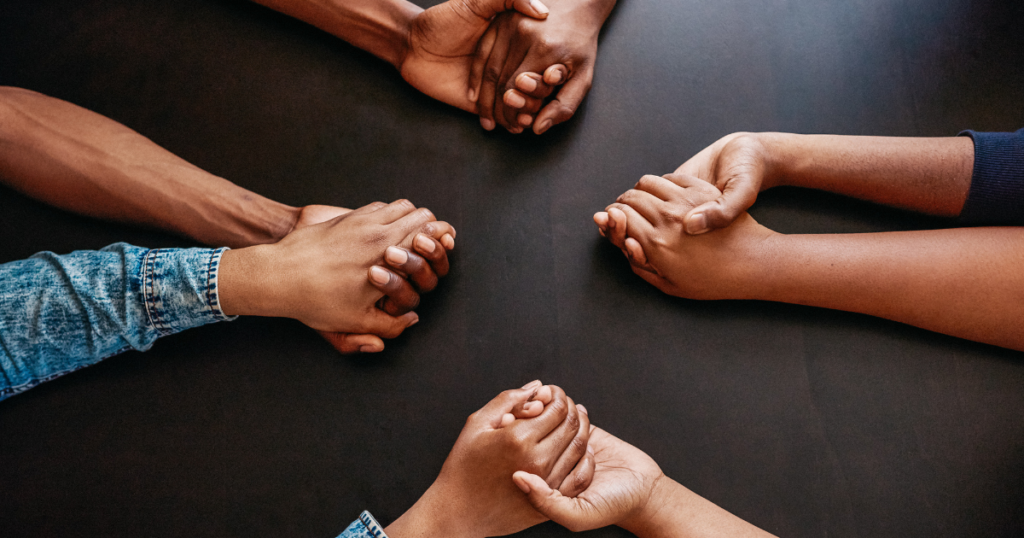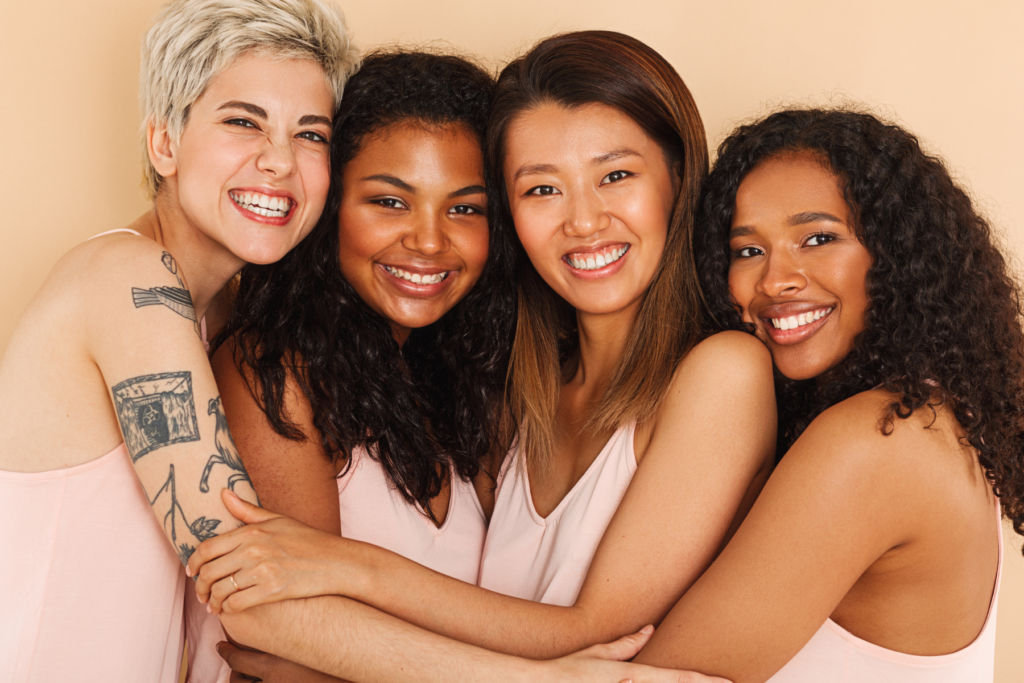February is Black History Month—a time to honor the resilience, achievements, and contributions of African Americans throughout history. It’s also an opportunity to bring attention to the unique health challenges that disproportionately affect Black women, including uterine fibroids.
Fibroids are a significant yet often overlooked issue in Black women’s health. Studies show that African American women are more likely to develop fibroids at an earlier age, experience more severe symptoms, and face a higher risk of complications compared to other racial groups. Despite this, conversations around fibroids and their impact remain limited.
The Disproportionate Impact of Fibroids on African American Women
Fibroids are far more common than many realize—studies estimate that between 70% and 80% of women will develop uterine fibroids by the age of 50. However, for African American women, the risk is significantly higher. In fact, Black women are up to three times more likely to develop fibroids than women in the general population.
A national survey published in the Journal of Women’s Health highlights the significant impact of fibroids on Black women compared to White women.
- African American women are more likely to have severe or very severe fibroid symptoms including heavy menstrual bleeding, pelvic pain, and anemia caused by blood loss.
- African American women more often reported that fibroids interfered with physical activities and relationships and were more likely to miss days from work.
- African American women are more likely to develop fibroids at an earlier age, experience more significant symptoms, and will have more numerous and symptomatic tumors at the time of diagnosis.
The Unanswered Questions Behind Fibroids in Black Women
Despite the well-documented prevalence of fibroids in Black women, the exact causes remain unclear. Researchers suspect a combination of genetic, hormonal, and environmental factors may contribute to this disparity. Some studies suggest that African American women may have a genetic predisposition to fibroid growth, while others point to higher rates of certain risk factors—such as vitamin D deficiency, chronic stress, and exposure to environmental toxins—that may disproportionately affect Black communities.
While science continues to explore the underlying causes, one thing is certain: awareness, early detection, and access to quality care are essential in addressing the burden of fibroids in Black women.
Limited Access to Comprehensive Fibroid Treatment
African American women often face barriers to accessing the full range of fibroid treatment options. Black women experience higher rates of hospitalization, hysterectomy, and myomectomy compared to other groups.
- Black women are 2.4 times more likely to undergo a hysterectomy and 6.8 times more likely to have a myomectomy.
- At the time of hysterectomy, they tend to have larger fibroids, more severe pelvic pain, and higher rates of preoperative anemia.
Despite advances in minimally invasive fibroid treatments, many Black women continue to undergo major surgeries at disproportionate rates. This gap in care may contribute to hesitancy in seeking medical attention, further delaying diagnosis and treatment.
Viva Eve: Expert Fibroid Care for Black Women
Fibroids can have a profound impact on a woman’s health and quality of life, and for Black women, the burden is often even greater. That’s why seeking care that is tailored to your unique needs is so important.
At Viva Eve, we believe in empowering women with knowledge and options when it comes to their health. We understand that no two cases are the same, and we believe in a personalized, patient-first approach to fibroid care.
Our team of Fibroid Experts takes the time to listen, educate, and guide each patient toward the best treatment options—whether that’s a minimally invasive procedure like Uterine Fibroid Embolization (UFE) or a surgical solution. With cutting-edge technology, expert care, and a commitment to compassion, Viva Eve is here to ensure that every woman feels empowered, supported, and in control of her health.
You don’t have to navigate fibroids alone—our team is ready to help you find relief and regain your quality of life.



